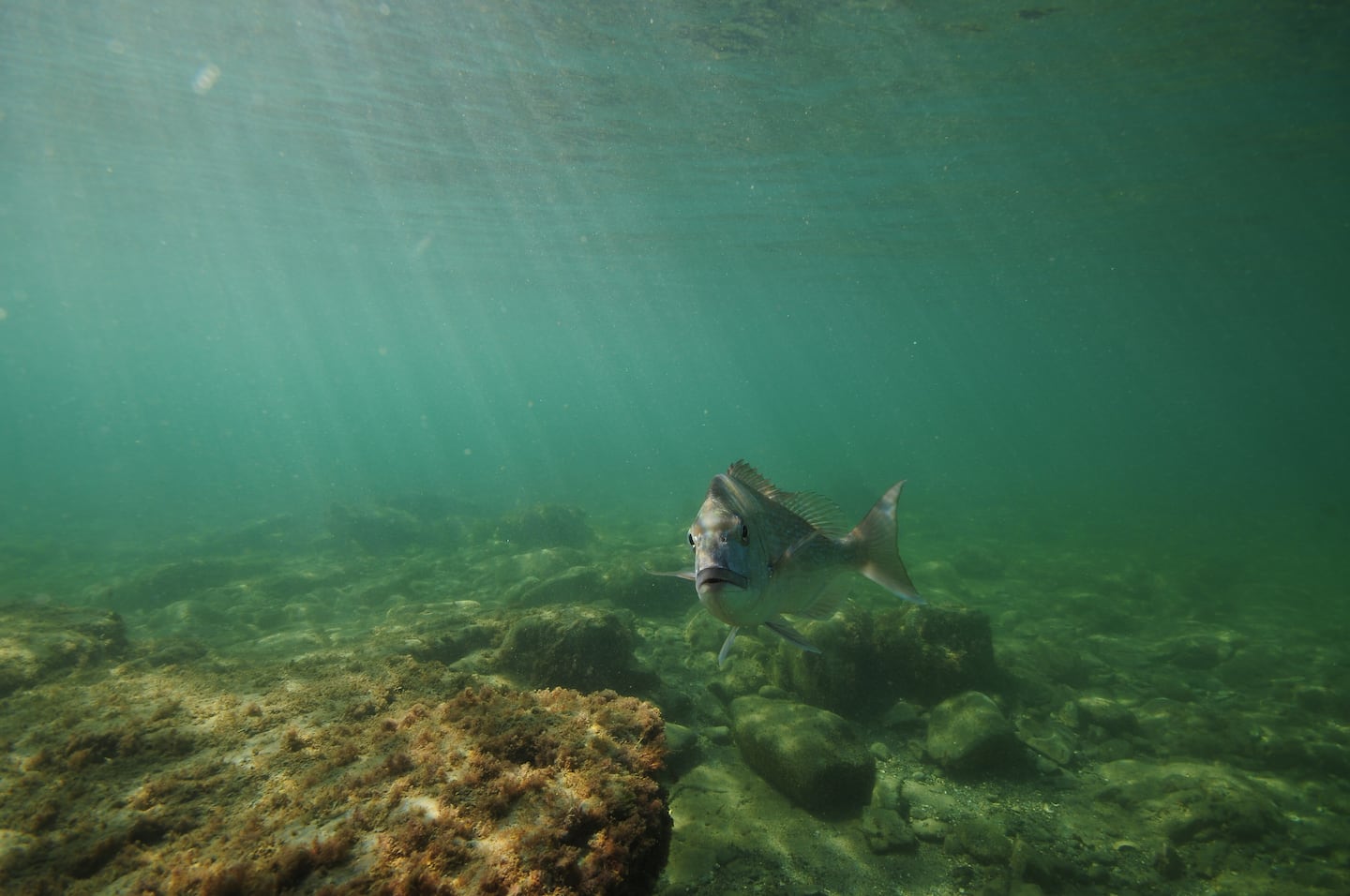Te Pāti Māori is warning the government that if the allowable commercial catch (TACC) for snapper were to increase, it would be a direct violation of the first Treaty settlement and would inevitably breach Te Tiriti o Waitangi.
“This coalition is reckless, undermining the principles of Te Tiriti, and now threatening, in the darkness of the moana at night, to place the Māori fisheries settlement into dispute,” the party said in a statement.
“This government fails to acknowledge that Te Tiriti supersedes any legislation and must be upheld first. No law consented by virtue of Te Tiriti o Waitangi trumps it.
“A decision to increase the TACC without redress and proportional increases to Māori quota will reignite the debate on the management of New Zealand’s fisheries and Māori fisheries rights. They should expect to bear the consequences,” Te Pāti Māori fisheries spokesperson Tākuta Ferris said.
Ferris was commenting after a Wellington High Court interlocutory (provisional) judgment earlier this month over part of a complex case between Te Ohu Kai Moana Trustee Ltd, Te Ohu Kai Moana Trust and the Attorney-General.
Te Ohu Kai Moana (Te Ohu) alleged the Crown was in an ongoing breach of its obligations to Māori under the Treaty of Waitangi Fisheries Settlement. It sought a series of declarations under the Declaratory Judgements Act 1908.
Halt to increase sought
It also wanted the judge to make an interim declaration that would restrict the Minister for Oceans and Fisheries’ power to make certain decisions under the Fisheries Act 1996.
In his interlocutory judgment, Justice David Boldt said any increase to TACC for snapper would “result in the permanent loss, without compensation, of quota shares Māori received as part of the settlement”.
“Those shares will be lost because of a statutory relic, originally enacted to allow the repayment of private debts the Crown incurred when it set up the quota management system nearly 40 years ago.
“Māori stand to lose a substantial, and valuable, block of their settlement quota if the minister increases the SNA8 (Snapper 8) TACC; Māori stand to lose between 20 and 29 per cent of their SNA8 settlement quota, depending on the size of the increase he selects”.
Te Ohu Kaimoana sought a High Court declaration in this part of the wider case to prevent the Minister of Oceans and Fisheries from increasing the TACC without Māori receiving a proportional increase, as guaranteed in the Treaty of Waitangi (Fisheries Claims) Settlement 1992.
Justice Boldt dismissed the application on legal grounds, saying it was “with some regret”.
Judge concerned at Crown position
But he said he had already noted “my disappointment at some of the positions adopted by the Crown in this proceeding.
“If the Crown is in breach of its obligations, it should be concerned about that, and anxious to put things right.
“It would be unwise for the Crown to ignore the possibility Te Ohu will ultimately be successful. Te Ohu has presented a very strong case.
“It follows that the Crown should at least be alert to the possibility of a declaration that the progressive loss of settlement quota breaches both the settlement and the Treaty, in a way which has resulted in long-term unfairness and harm to Māori,” The judge said.
The judge has reserved his overall decision on the case.




